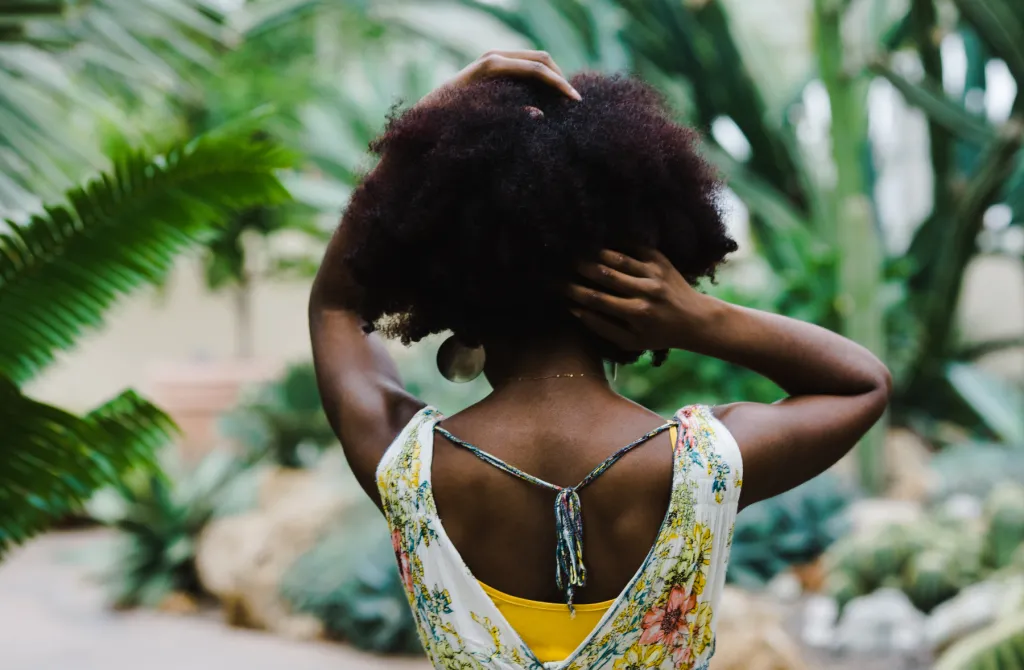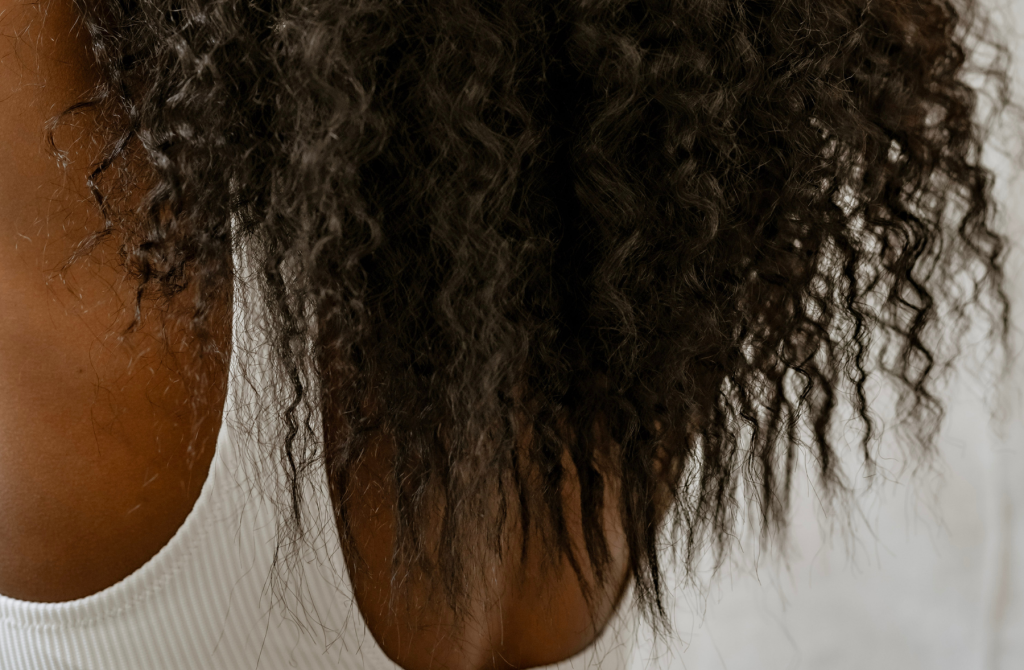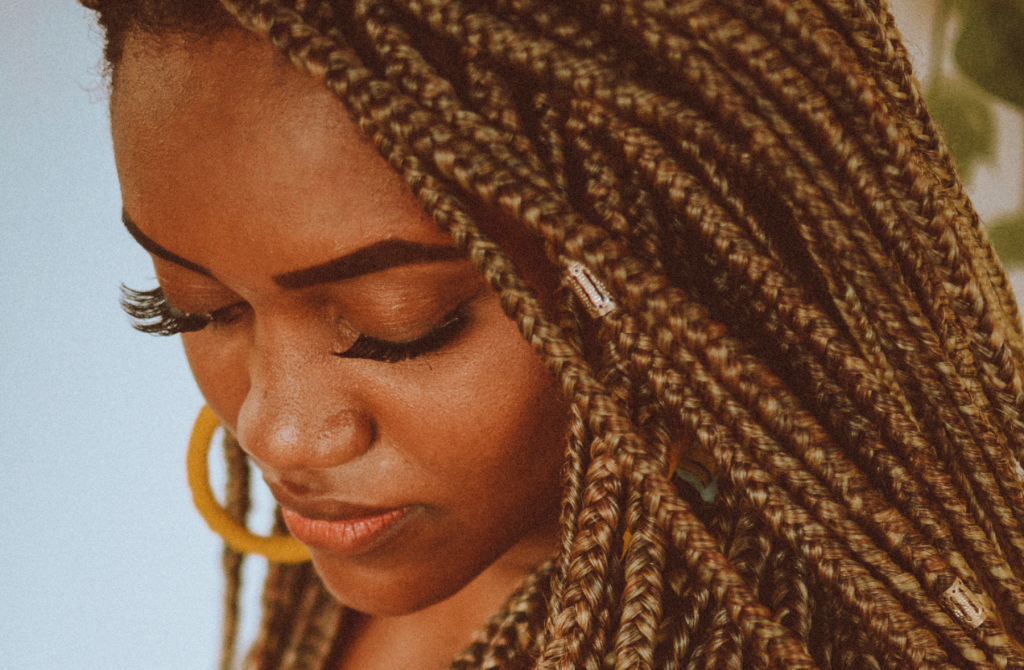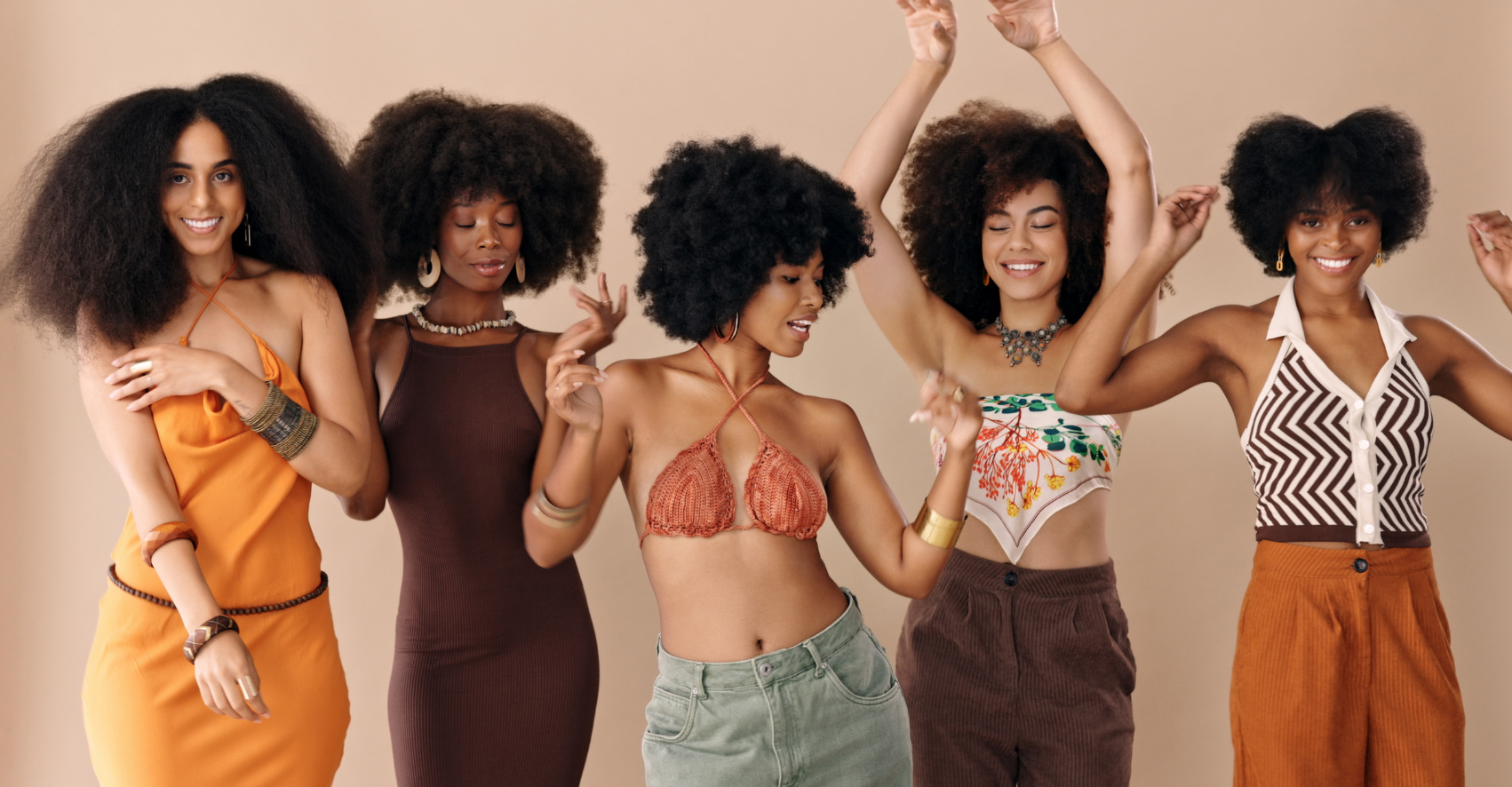Pregnancy changes so much about your body - and your natural hair is no exception. If you’re noticing shifts in your texture, shedding, or even growth patterns, you're definitely not alone. Hormonal changes during pregnancy can bring about big surprises for your curls. The good news? With the right care, you can help your natural hair stay strong, hydrated, and vibrant through every stage.
Here’s everything you need to know about protecting and managing your natural hair during pregnancy.
Understanding how pregnancy affects your hair
During pregnancy, your body goes through huge hormonal shifts - especially with hormones like estrogen and progesterone. These changes have a direct impact on your hair’s behavior:
- Thicker, fuller hair: Higher estrogen levels mean your hair stays in the growth phase longer, reducing normal daily shedding.
- Texture changes: Your curls might loosen, tighten, or even feel softer or coarser depending on how your body responds.
- Scalp changes: Some people experience dryness, flakiness, or an oily scalp as hormones fluctuate.
Everyone’s experience is different, so it’s important to be patient and adapt your hair care routine to what your curls need right now.
How to care for natural hair during pregnancy
Keep cleansing gentle
Hormones can make your scalp more sensitive, so gentle cleansing is key. Switch to sulphate-free shampoos or try co-washing with a rich conditioner. This way, you can clean your scalp without stripping away the natural oils that your curls need.
Focus on hydration and moisture
- Deep condition weekly: Deep conditioning helps your curls maintain elasticity and strength, which is crucial when your body is focusing its energy on growing a baby.
- Use moisture-rich products: Look for ingredients like shea butter, coconut oil, aloe vera, or argan oil to lock in hydration and nourish your strands.
Keeping moisture levels high will help combat any pregnancy-related dryness or breakage.
Protective styles are your friend
Low-manipulation styles like braids, flat twists, buns, and twists can help reduce the risk of breakage and protect your strands. Aim for styles that don’t pull too tightly on your scalp, especially if you're experiencing scalp tenderness or increased shedding.
Show your scalp some love
- Massage your scalp regularly: Boost blood circulation to the hair follicles and encourage healthy growth by massaging your scalp with a lightweight oil or scalp serum.
- Keep your scalp moisturised: Use natural oils like jojoba or sweet almond oil to maintain a healthy, flake-free scalp.
Fuel your hair from within
Healthy hair starts with good nutrition. To support your curls from the inside out, focus on eating:
- Leafy greens like spinach and kale
- Fruits rich in antioxidants like berries and oranges
- Lean proteins such as chicken, lentils, and salmon
- Healthy fats found in avocado, olive oil, and walnuts
And of course, stay hydrated by drinking plenty of water throughout the day - hydrated hair starts with a hydrated body.
Minimise heat styling
Hormonal changes can make your hair more vulnerable to heat damage. Minimise the use of hot tools like flat irons, curling wands, and blow dryers. Embrace air-drying whenever possible and always use a heat protectant if you need to style with heat.
Common concerns about natural hair during pregnancy
Postpartum shedding
After giving birth, it’s completely normal to experience increased shedding. This happens as your hormone levels return to pre-pregnancy levels and hair that stayed in the growth phase starts to shed.
- Keep your scalp healthy with gentle massages and regular cleansing.
- Avoid hairstyles that pull tightly on the hairline.
- Maintain a nutritious diet rich in iron, biotin, and other essential nutrients.
- Be patient - postpartum shedding usually resolves within a few months.
Managing humidity
Hormonal changes can make your curls more reactive to humidity. Keep your hair protected by:
- Using lightweight oils.
- Sleeping with a satin bonnet, scarf, or pillowcase to prevent friction.
- Applying humidity-resistant stylers.
Dealing with scalp flare-ups
If you notice dandruff, itchiness, or other scalp irritation during pregnancy, choose gentle, fragrance-free shampoos and lightweight oils. If the problem persists, check with a dermatologist who can recommend safe treatments during pregnancy.
Final thoughts: embrace your natural hair journey
Pregnancy is a time of incredible change - and that includes your curls. Your hair’s texture, density, or growth rate might shift temporarily, but with a little extra care and attention, you can keep your natural hair healthy and beautiful.
Stay consistent, listen to what your hair needs, and don’t stress over the changes. Embrace this new phase of your hair journey with love, patience, and pride.




